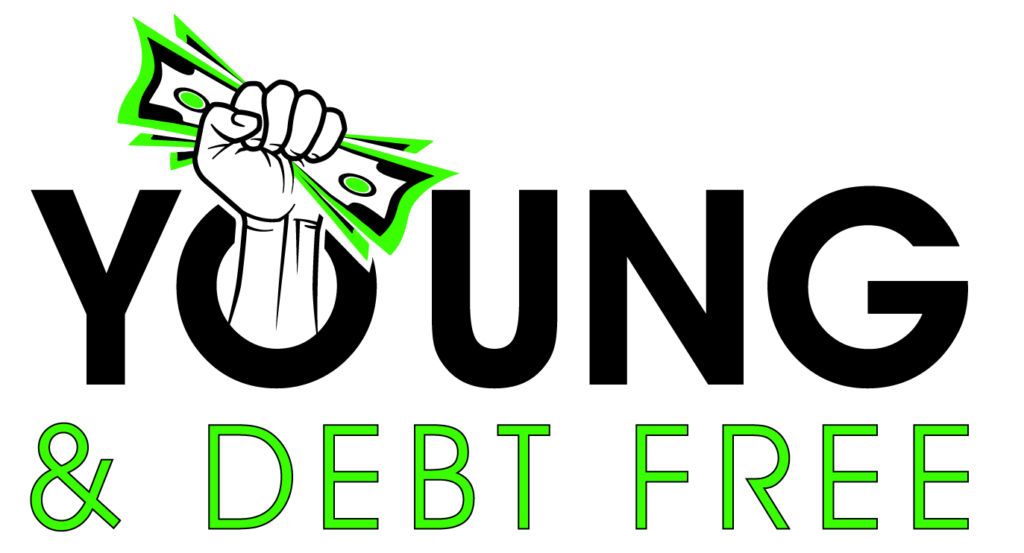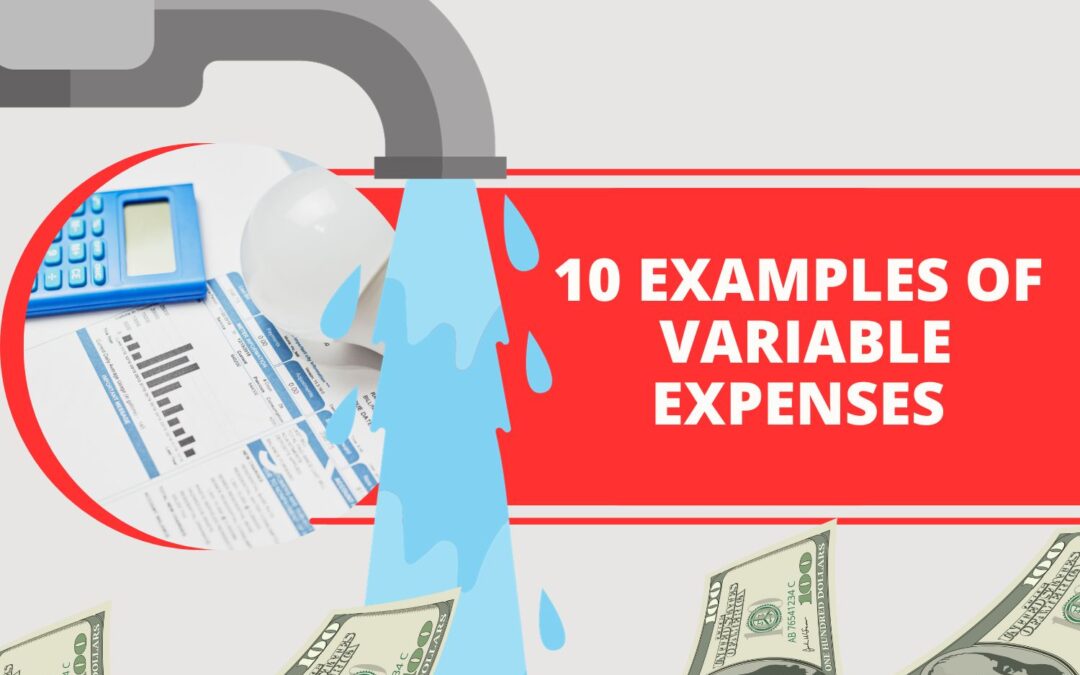Variable expenses in a budget are costs that can fluctuate from month to month and are not fixed amounts. Unlike fixed expenses (such as mortgage or rent payments, car payments, or insurance premiums) which remain constant, variable expenses can change based on your spending habits and needs. Here are some common examples of variable expenses in a budget:
- Groceries: The amount you spend on food can vary depending on your eating habits, the number of people in your household, and the cost of groceries in your area.
- Clothing: Your clothing expenses may vary depending on the season, fashion trends, and personal needs.
- Utilities: While some utility bills are fixed, usage-based utilities like electricity, water, and gas can vary based on your consumption.
- Transportation: Gasoline costs, public transportation fares, and other travel expenses can vary based on your travel needs.
- Healthcare: Co-pays, prescriptions, and other healthcare costs can fluctuate based on your health needs.
- Personal Care: Expenses related to personal grooming, toiletries, and other personal care items can vary.
- Gifts and Donations: Spending on gifts for occasions and charitable donations can vary depending on events and personal choices.
- Travel: Vacation expenses, including accommodation, transportation, and activities, can vary widely based on your travel plans.
- Home Maintenance: Repairs, maintenance, and household items can fluctuate based on the needs of your home.
- Education: Expenses related to courses, books, and educational materials can vary for students or those investing in continuous learning.
It’s important to track your variable expenses carefully to understand your spending patterns and make adjustments in your budget as needed. Creating a budget that includes both fixed and variable expenses can help you manage your finances effectively.

